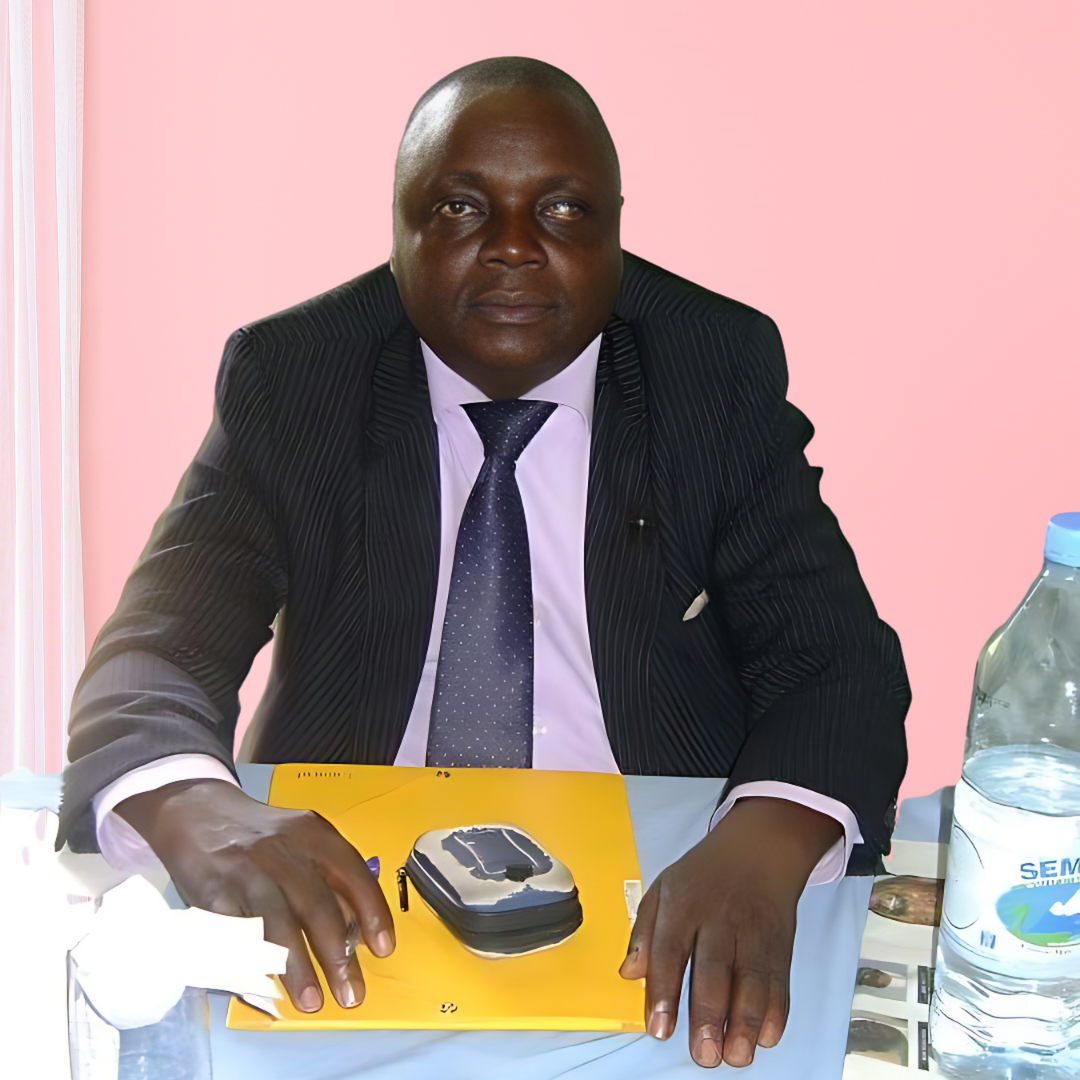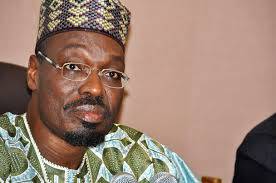The Anglophone Crisis: A Complex Challenge Beyond UNGA Discussions
The Anglophone crisis in Cameroon, a conflict that has been escalating since 2016, is rooted in historical, political, and social complexities. Tibor Nagy, the former United States Assistant Secretary of State for African Affairs, has been vocal about the situation, emphasizing that a military solution cannot resolve the ongoing conflict and advocating for dialogue and negotiation.
The crisis stems from the marginalization of the English-speaking regions of Cameroon, a bilingual country with French and English as official languages. The grievances of the Anglophone community have led to calls for greater autonomy or even secession, resulting in a violent and protracted conflict that has affected millions of lives.
Tibor Nagy’s perspective on the crisis highlights the need for a multifaceted approach that addresses the underlying issues of governance, representation, and cultural rights. His tweets and public statements have shed light on the dire situation, criticizing the government’s heavy-handed tactics and the international community’s lack of a coherent strategy to support a peaceful resolution.
The United Nations General Assembly (UNGA) serves as a platform for member states to discuss global issues and seek collaborative solutions. However, the UNGA’s agenda is vast, and not all crises receive the attention they deserve within this forum. The decision not to discuss the Anglophone crisis at the UNGA may be influenced by various factors, including diplomatic considerations, the prioritization of other global challenges, and the complex nature of the crisis itself.
The international community’s role in resolving the Anglophone crisis is crucial, yet it must be approached with sensitivity to the local context and the aspirations of the Cameroonian people. External actors like Tibor Nagy can advocate for dialogue and human rights, but ultimately, the resolution must come from within Cameroon, through inclusive and genuine negotiations that address the core concerns of the Anglophone population.
The path to peace is fraught with challenges, but the human spirit’s resilience, as noted by Nagy, offers hope for a future where the rights and voices of all Cameroonians are respected and heard. The journey towards this future requires persistent advocacy, international support, and a commitment to dialogue over violence.





